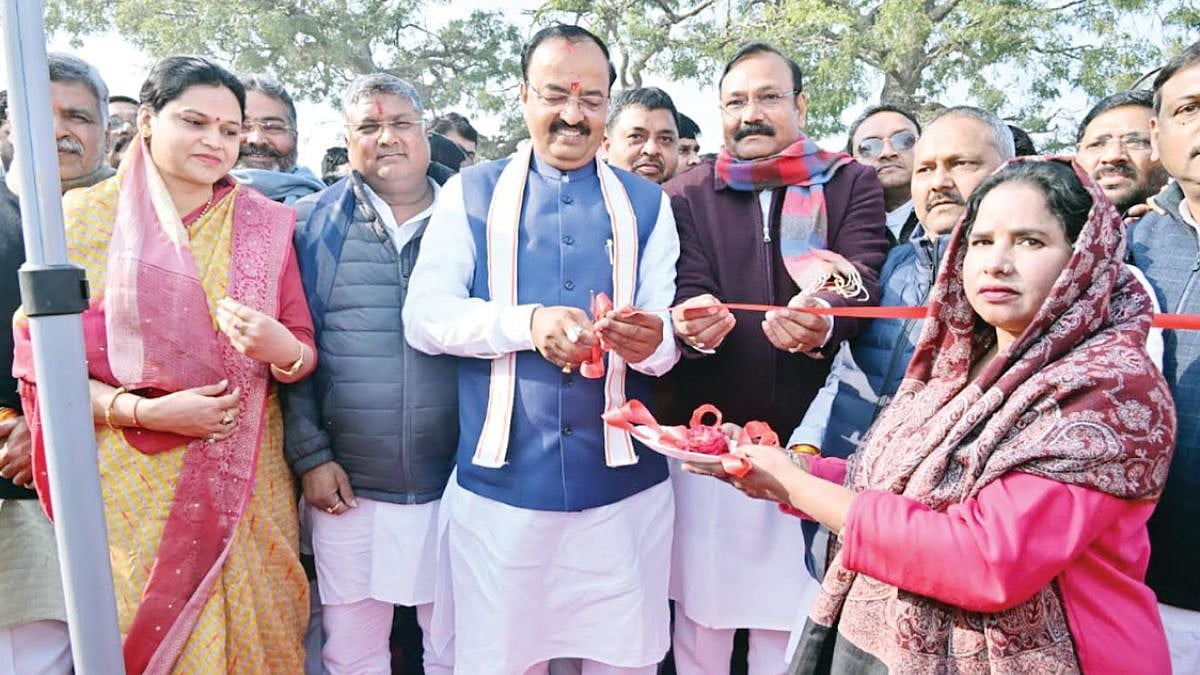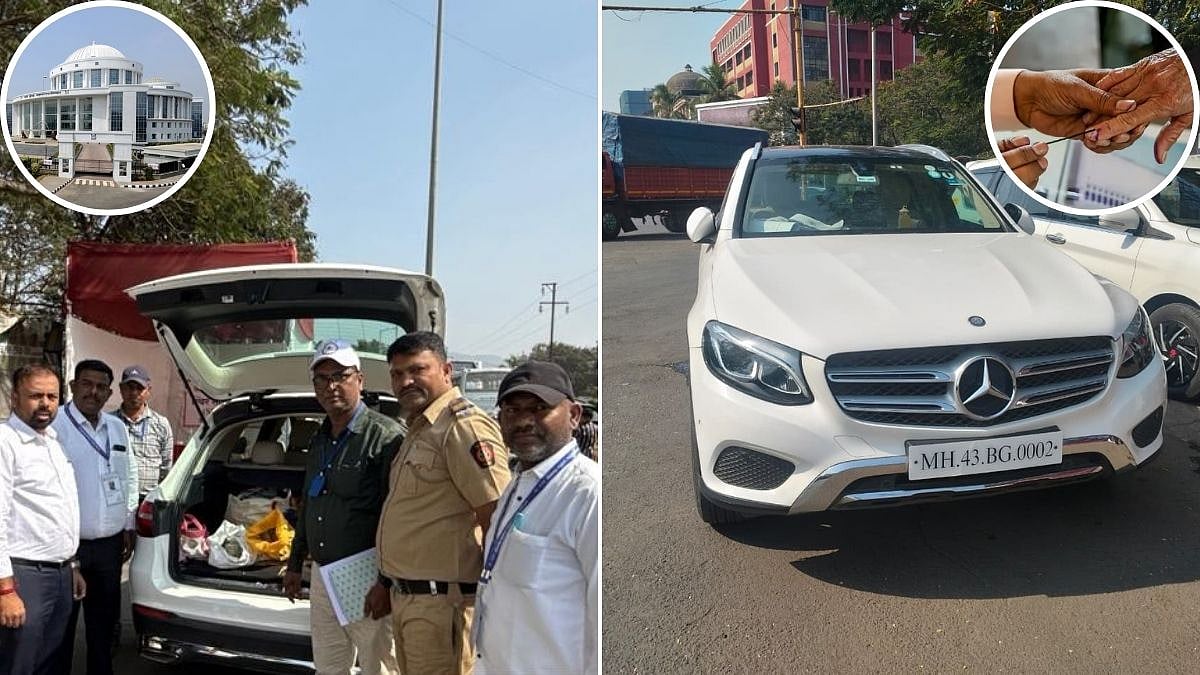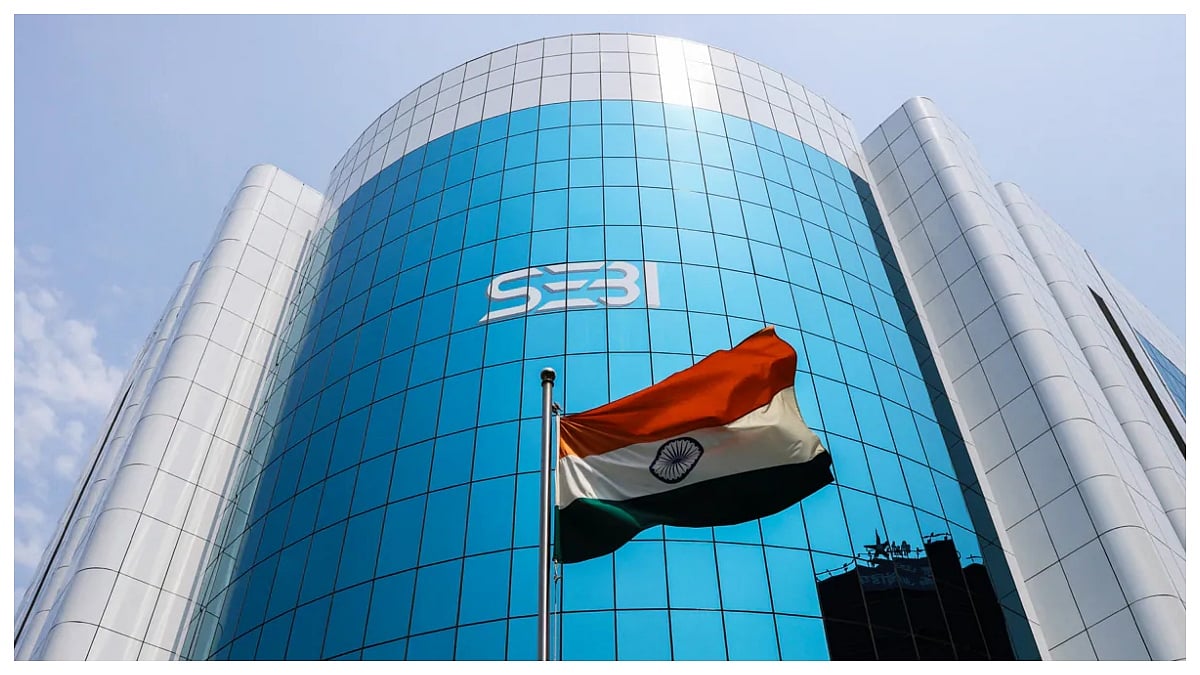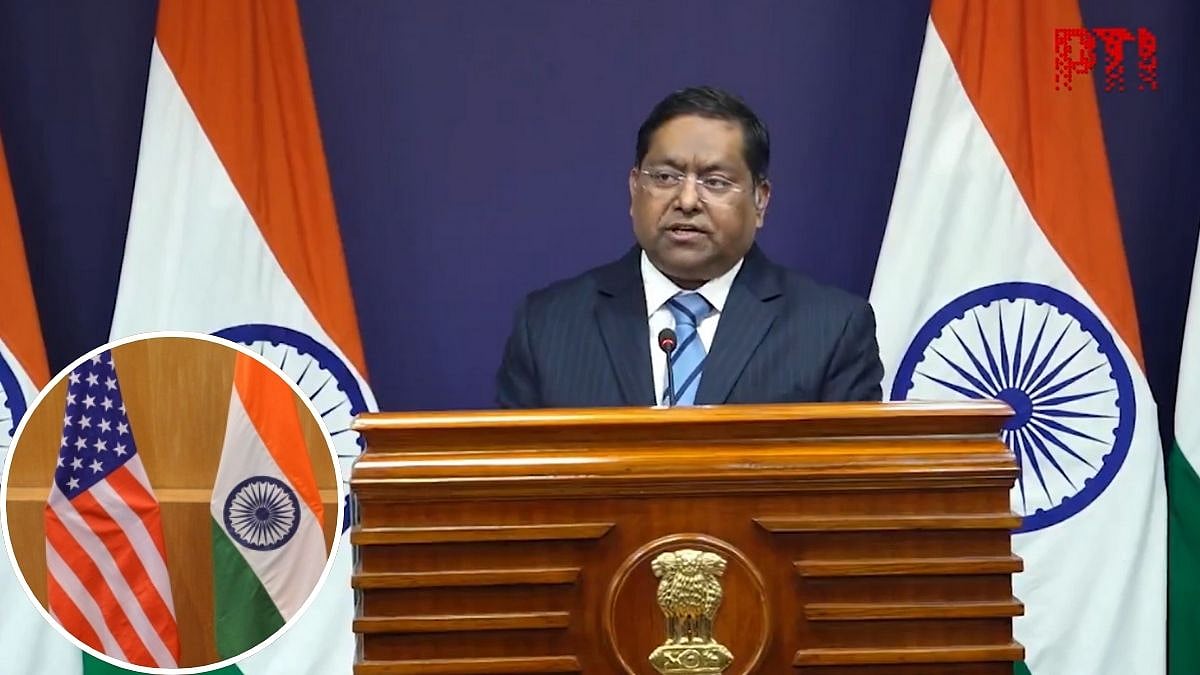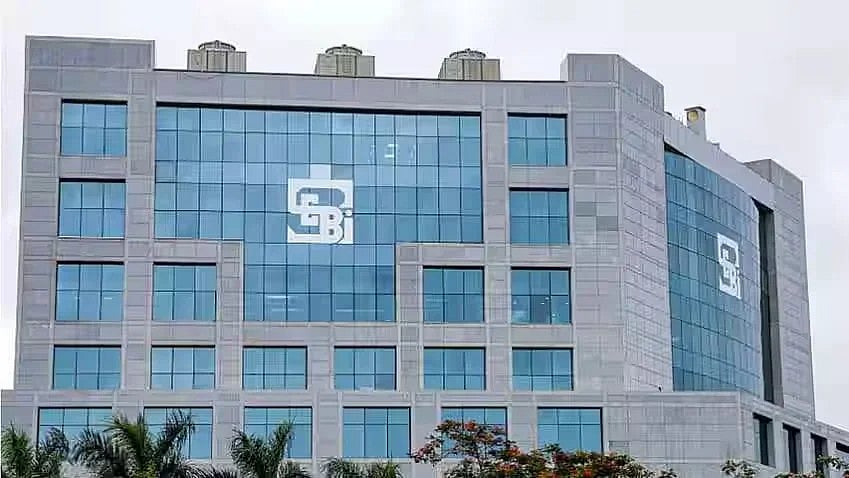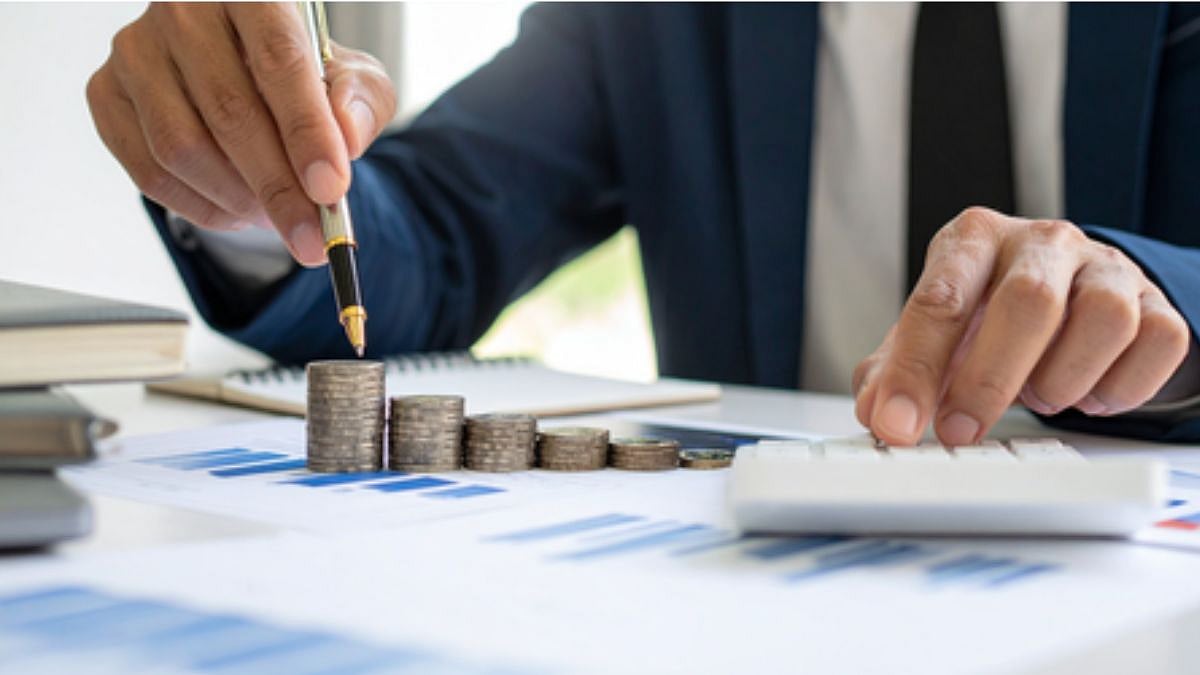New Delhi: The government may not cut excise duty on petrol and diesel in the near-term if it accepts the suggestions made in the approach paper submitted by Chief Economic Adviser for maintaining status quo when oil prices can climb by another $ 15 a barrel.
CEA Arvind Subramanian last month submitted an approach paper to the Finance Ministry on scenarios to deal with a rise in crude oil prices. Sources said the CEA suggested status quo on excise duties till oil prices climb to $ 65 per barrel, from the present $ 49 levels.
Any rise in prices above $ 65 a barrel should be equally borne by the consumers and the government — consumers by way of paying higher retail rates and the government by cutting excise duty on the two auto fuels.
If crude oil price were to average $ 65 a barrel from July to end of the year, half of the burden on the fiscal would be Rs 46,000 crore, or 0.3 per cent of GDP, CEA said in the approach paper.
Every incremental $ 5 per barrel increase in global oil prices would translate into a Rs 2-2.1 per litre increase in retail prices if the 50:50 burden sharing mechanism is followed.
Every Re 1 cut in excise duty would cost the exchequer Rs 3,500 crore on petrol and Rs 9,000 crore on diesel for the full year.
Sources said CEA was of the view that this approach had its political pitfalls by way of perception among the people that the government raised excise duty when prices were falling but is not doing the opposite when rates are rising.
Taking into account the tight fiscal position this year in view of the implementation of the 7th Pay Commission recommendation, it would be prudent to not tinker with duty till crude breaches $ 70.


